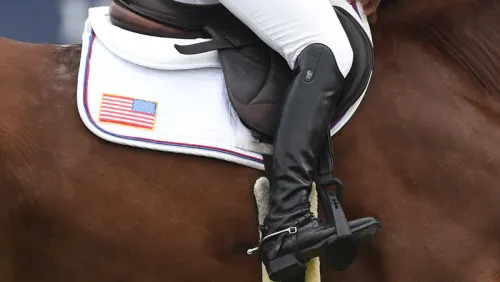Two horses recently imported from Romania tested positive for equine infectious anemia in Wiltshire, England.
The horses displayed no visible symptoms of the illness and were otherwise healthy. They came in a group of 10 horses—nine from Romania and one from Belgium. The Romanian horses were tested for EIA as part of routine post-import testing, and the other seven horses tested negative. The one horse that originated in Belgium is due to be tested today.
The infected horses were euthanized, and all horses on the Wiltshire premises will be tested.
The disease in Great Britain, as in the United States, is effectively controlled with the aid of the Coggins test. In Romania, the disease is considered endemic, where there may be up to 16,000 cases at any time.
ADVERTISEMENT
Department for Environment, Food and Rural Affairs officials believe the risk of the disease spreading is low. Officials acted quickly, and transmission of EIA is unlikely during the winter when there are few biting insects.
EIA was first identified in France in 1843, and the last outbreak in England was in 1976. The virus is found worldwide, and there was a serious outbreak in Ireland in 2006, which crippled their equine and bloodstock industry as the disease spread throughout the country.
EIA is an untreatable disease for horses, spread by the exchange of bodily fluids, often via biting insects. Affected horses remain infectious carriers for life and must be euthanized or quarantined forever to prevent transmission to other horses. There is no cure and no vaccine for this viral infection, which is caused by a retrovirus closely related to the HIV virus in humans.














